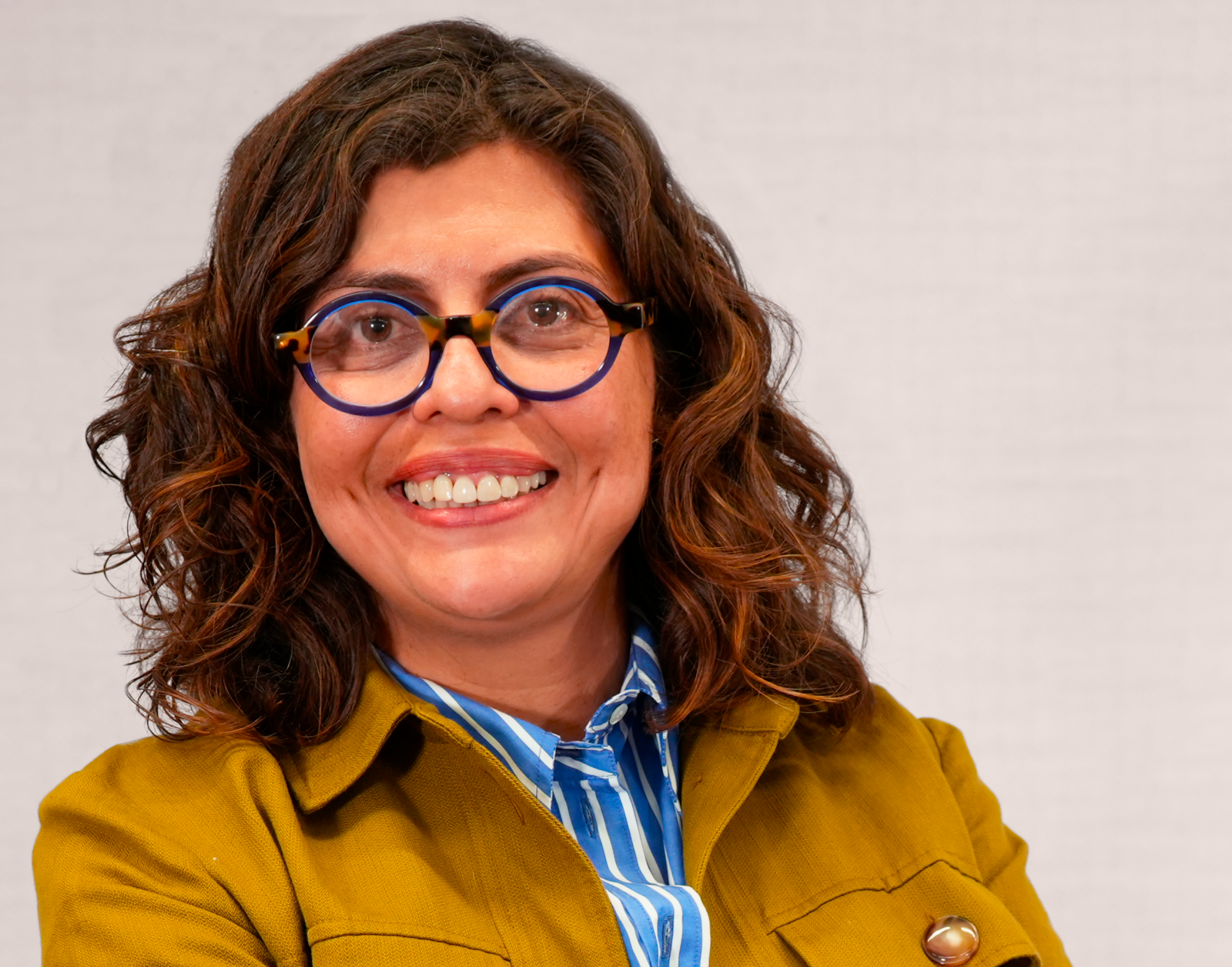Gender equality
Breaking gender stereotypes: female bus driver in Rwanda

Traditionally, Rwandan society prescribed societal roles based on gender. Women were taken to be frail beings in charge of domestic roles, which included cooking, looking after the house and raising children. Men, on the other hand, were looked at as breadwinners who took on manual jobs to exhibit the macho nature of masculinity.
More recently, Rwanda has been leading globally in defying gender stereotypes. The East African country is recognised as a leader in gender equality and women’s empowerment. Women hold positions, making up 61 % of the Rwandan Parliament and 50 % of the President’s cabinet.
The inclusion agenda has a long way to go. As the story of Rosine proves, many people still believe in the traditional definition of what a woman can do or not do. Her story is a testimony to the invisible barriers women face in the world of work.
“The beginning was quite hard because getting the driving license was no walk in the park. Male drivers were also quite surprised to see me on my first day, and I could tell from the looks of shock that they didn’t expect (to see me driving a bus),” Rosine said.
Having a strong support system matters. Rosine can juggle the demands of her job and the domestic role of raising her three children through the support of her husband.
“When you and your partner are on the same page and help each other as partners, it becomes easy to concentrate on the job,” says Rosine, adding, “my husband takes care of the children while I am at work. Should a child be unwell, it is easy for him to take them to hospital and care for them, allowing me to manage my driving job without anxiety.”
Rwanda as a nation has done a remarkable job in promoting gender equality, reducing pay gaps, fighting against gender-based violence and gender roles and empowering women in general.
Rosine expressed gratitude to the government of Rwanda, especially the Rwandan president, Paul Kagame, for giving women a voice. “Being a woman in Rwanda is wonderful because the president has created a fertile ground for women to thrive. He is the reason that I mastered the courage to become a bus driver. Today, I am happily married, own two houses, one being a rental, and a car that takes me home after my job,” she says.
The driving job has brought prosperity and success for Rosine. Her income goes towards supporting her children’s education. The freedom to do what she wants has also inspired her to think about other women held back by gender-defined limitations. She intends to start a school that will teach other women how to drive cars and ride motorcycles, allowing them to access financial freedom too.
“Women must gain confidence and challenge gender stereotypes,” Rosine asserts.
Rosine’s story is a reminder to women that when it comes to chasing their dreams, gender should never be a roadblock. Her journey from a nervous newbie to a confident bus driver, all while juggling the demands of motherhood, is nothing short of inspiring.
Stella Tushabe is a freelance writer based in Kigali, Rwanda.
stellatush@gmail.com













